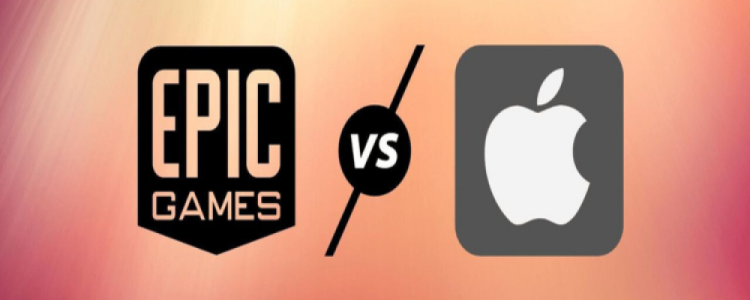Epic Games Challenges Apple's App Store Monopoly

In the ever-evolving landscape of digital application distribution, a significant legal battle has unfolded that may change the rules of the game. Epic Games, the developer behind the popular video game Fortnite, has taken a stand against tech giant Apple. This confrontation stems from Epic Games' perception that Apple’s tight control over its App Store stifles innovation and limits fair competition. The heart of the issue lies in the restrictive practices Apple imposes on developers, who are looking to reach users of iOS devices.
Epic Games ignited this conflict by attempting to bypass Apple's mandatory in-app purchasing system, which led to Fortnite's removal from the App Store. This bold move was not just a protest but a direct challenge to the dominance of Apple in the mobile app market. Following this, Epic Games initiated legal action against Apple, accusing it of anti-competitive behavior under antitrust laws. The case has garnered significant attention, highlighting the broader implications of app store policies on the tech ecosystem.
The ongoing dispute gained further relevance under the European Union's new Digital Markets Act (DMA), which aims to curb the power of major tech platforms that act as "gatekeepers." Under this legislation, Apple is required to make substantive changes to how it operates the App Store in the EU, potentially allowing for alternative app stores and sideloading of apps.
From a financial perspective, the existing model of the App Store, where Apple takes a 30% cut from transactions, hits developers hard, especially those producing less costly mobile games. This makes the prospect of an open system, potentially spearheaded by Epic's planned launch of its own app store in 2024, an attractive one for developers craving fewer restrictions and better economics.
As Epic Games prepares to roll out its competing app store, all eyes will be on how Apple responds to the mounting pressure both from developers and regulatory bodies. If successful, Epic's challenge could encourage a more competitive and flexible app market ecosystem. For developers and consumers alike, this change could lead to broader choices and innovations, shaking up the mobile app industry as we know it. The outcome of this battle could be a landmark shift in how digital marketplaces operate, but only time will tell if Epic's gamble will pay off and lead to a revolution in app distribution on iOS platforms.






